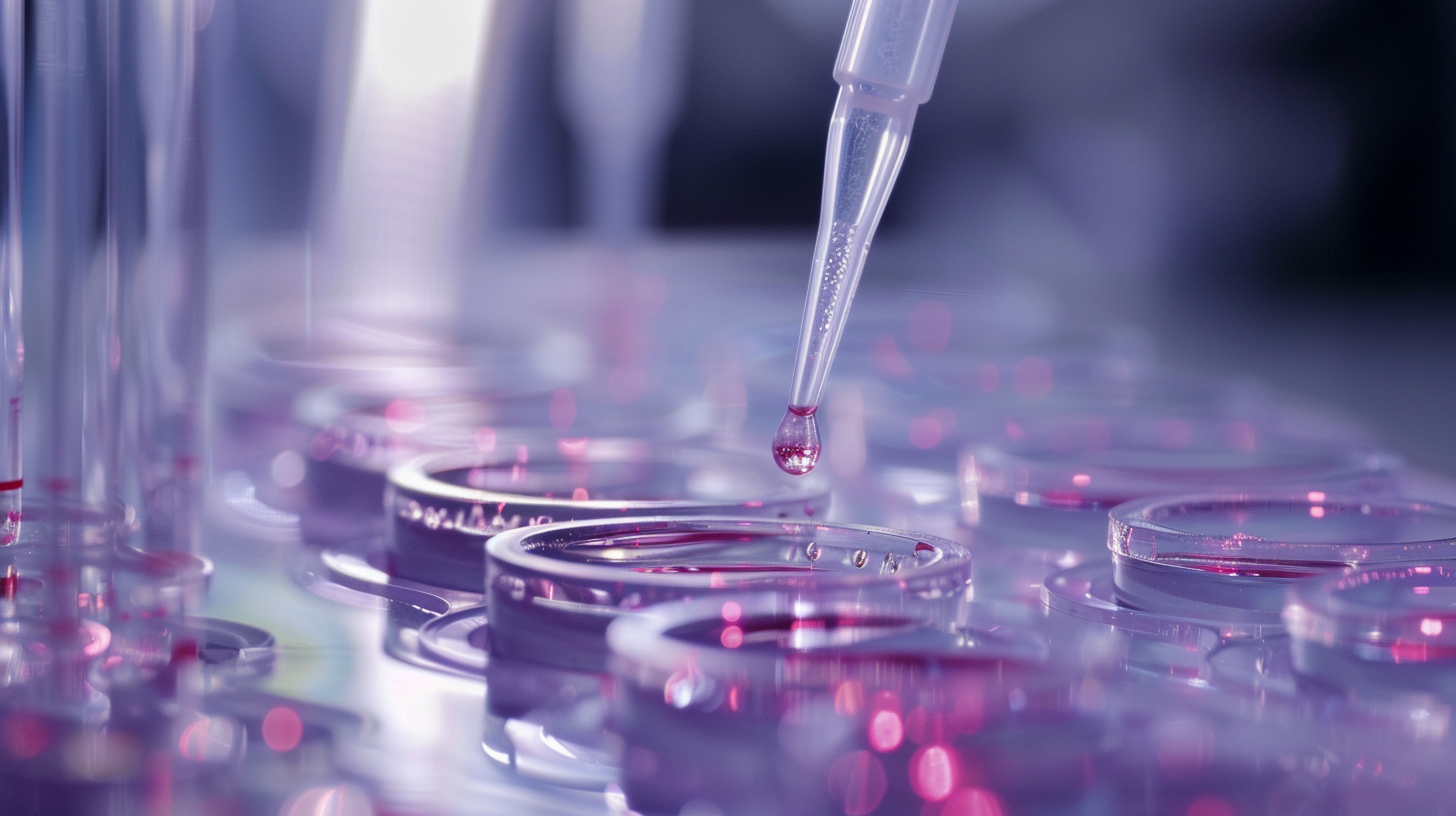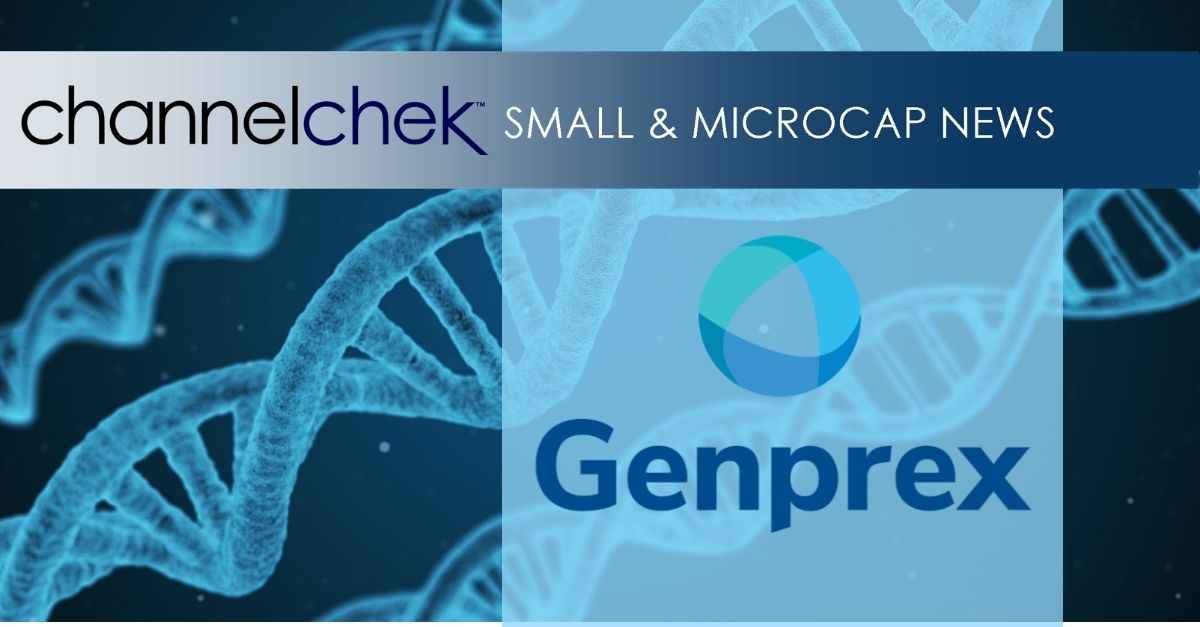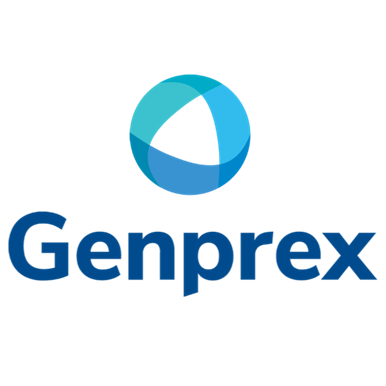In a major milestone for type 1 diabetes treatment, a groundbreaking clinical trial has shown that stem cell-derived islet cell transplantation can effectively eliminate the need for insulin in patients. This advancement marks a turning point in diabetes care and highlights the efforts of leading researchers, including Dr. Piotr Witkowski at the University of Chicago, and the collaborative work of Vertex Pharmaceuticals (VRTX) and Eledon Pharmaceuticals (ELDN).
Historically, islet cell transplantation involved harvesting pancreatic islets from deceased organ donors—a limited and logistically challenging source. Patients often required multiple transplants to see long-term benefits, and donor scarcity severely limited access to the therapy. But now, lab-manufactured islets derived from stem cells are changing the game, offering a consistent, scalable, and potentially off-the-shelf solution to treating the most severe forms of type 1 diabetes.
In the ongoing multicenter clinical trial, presented at the American Diabetes Association’s Scientific Sessions and published in the New England Journal of Medicine, 10 of 12 patients remained insulin-independent for over a year after just a single infusion of stem cell-derived islets. This level of success, particularly from a single dose, is unprecedented in the field and demonstrates the power of scientific innovation to transform chronic disease management.
Dr. Witkowski, a lead investigator and transplant surgeon at the University of Chicago, has been at the forefront of this effort. His involvement traces back to the early development of the clinical protocol in 2019 with Andrea Vergani at Semma Therapeutics. After Vertex Pharmaceuticals acquired Semma, Dr. Witkowski continued his work as a member of the Scientific Advisory Board and as a principal investigator performing transplants. As of last week, his team has successfully infused their 10th patient with Vertex’s stem cell-derived islets.
While these results are promising, patients receiving the treatment still require immunosuppressive therapy to prevent rejection—typically involving drugs like tacrolimus, which can be toxic over time. That’s where Eledon Pharmaceuticals (ELDN) enters the picture. In a parallel pilot study, researchers are evaluating Tegoprubart, Eledon’s novel immunosuppressive agent designed to reduce toxicity while maintaining immune protection. If successful, Tegoprubart could offer a safer path forward and expand access to islet transplantation for a broader population.
The future is bright. Trials are now underway to test the therapy in kidney transplant recipients—patients already on immunosuppressants—providing an ideal setting to further prove the therapy’s safety and effectiveness. With continued success, stem cell-derived islets could soon become a standard-of-care treatment, immediately benefitting the 40,000+ patients in the U.S. suffering from the most unmanageable forms of diabetes.
Thanks to the visionary work of scientists, clinicians, and companies like Vertex and Eledon, what was once a highly experimental and limited therapy is on track to become a scalable medical solution. As Dr. Piotr Witkowski and his team continue their work, the path to a functional cure for type 1 diabetes is finally within reach.



